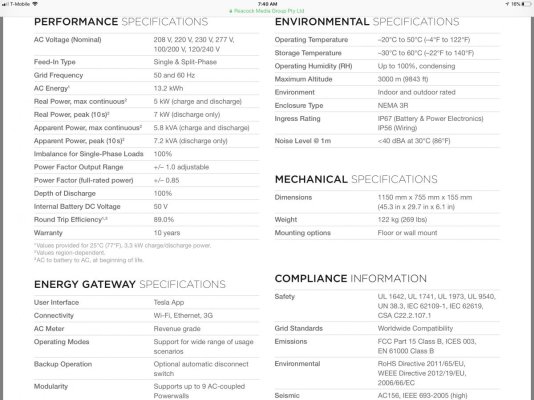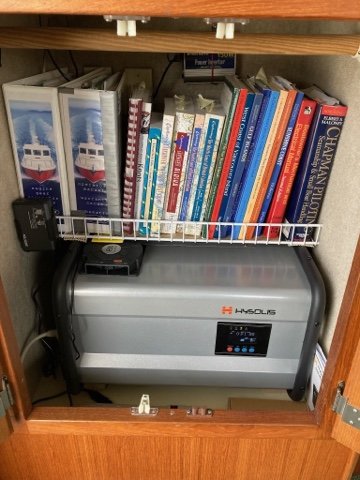I'm working with a friend currently to utilize this system in a boat he is building. It's really quite interesting because pretty much everything you ever learned about batteries, charging, operation, and how to build a good DC power system no longer applies, and is probably the wrong thing to do.
Would *love* for you to expound on this. Either here or a meaty blog post works


